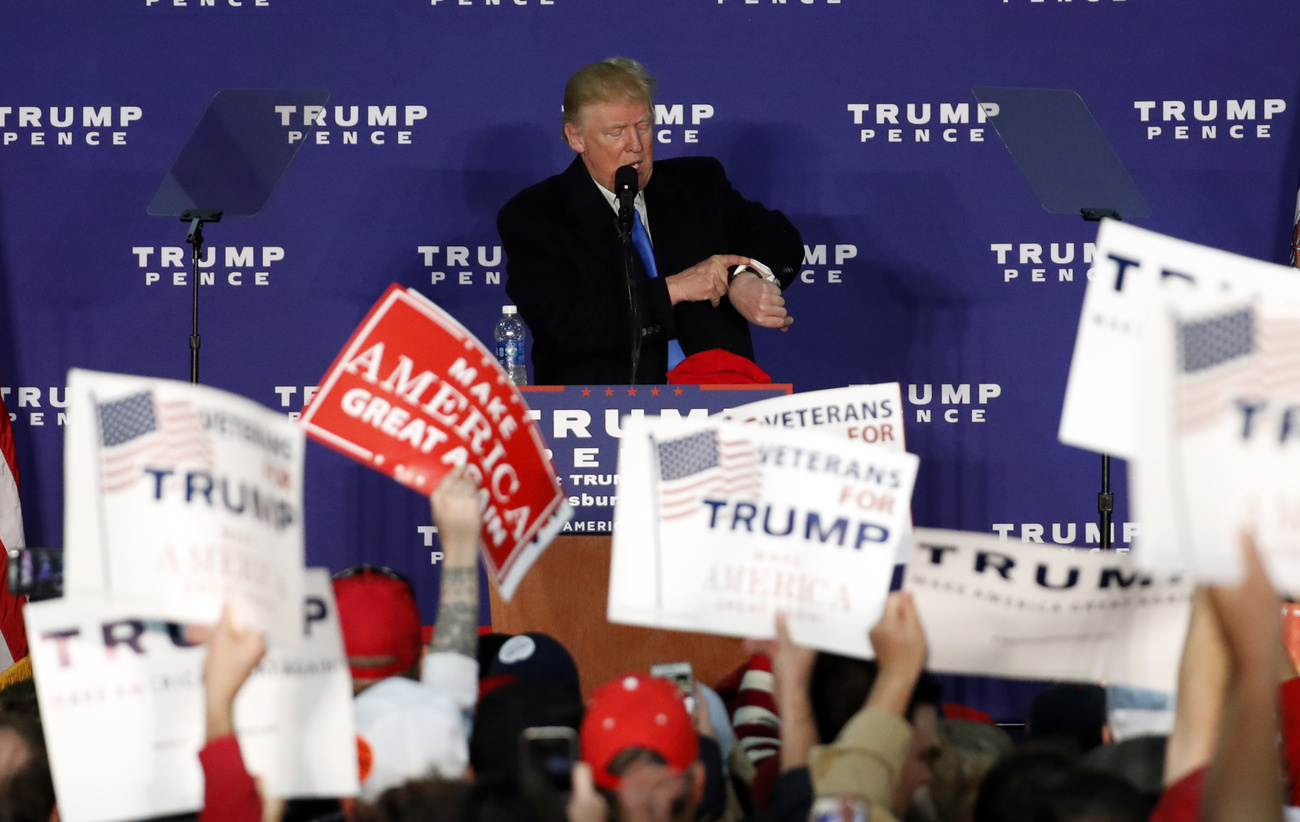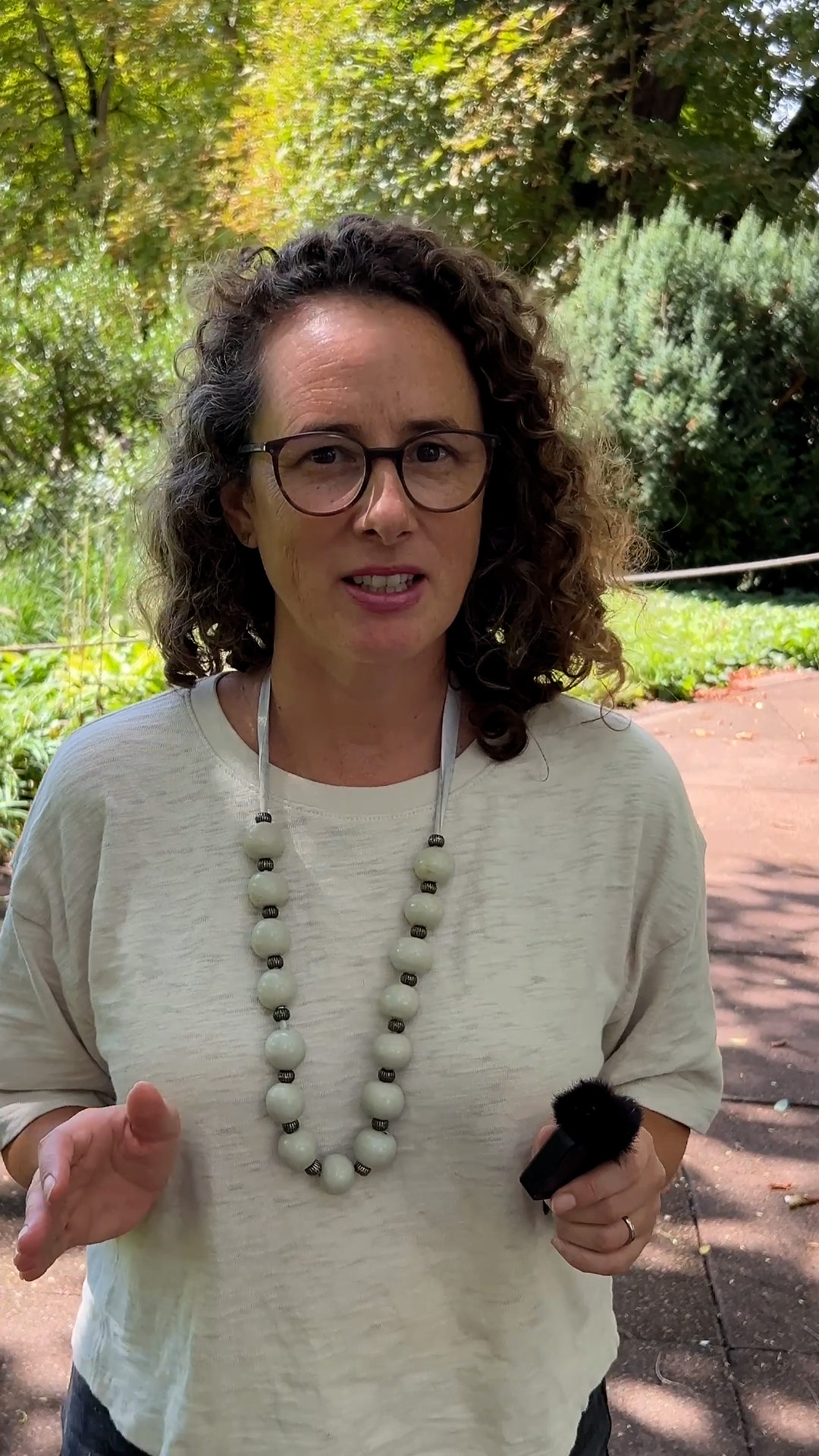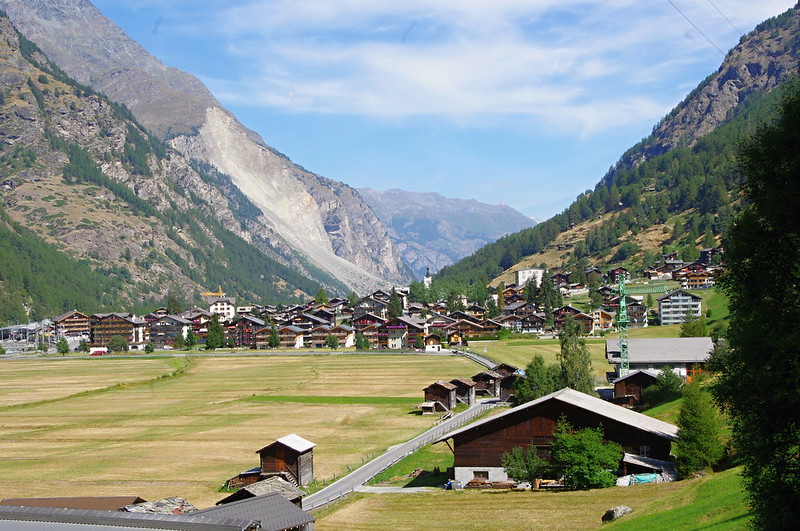
Political activists embrace the internet

From political campaigns launched on the internet, to demonstrations organized by mobile phone, the new electronic media have become an integral part of political activism.
This new phenomenon first became clear in 1999, when 50,000 demonstrators put a stop to a World Trade Organization summit in Seattle.
“The internet is very important for us; we launch our campaigns on it, and we use it to mobilize people for protests,” said Sibylle Spengler from the development organization, the Berne Declaration.
“We also use it to send our supporters specific information, such as our newsletter, or material about our World Economic Forum alternative, The Public Eye on Davos.”
The Berne Declaration is not the only pressure group to make use of the internet. It has become a very popular way, Spengler says, not just of spreading information, but also of recruiting new members.
International network
It was clear in December 1999, when mass demonstrations forced the break up of the WTO summit, that emails and mobile phones had played a large part in the organization of the protest.
The dozens of different groups around the world who wanted to speak out against the exploitation of the developing world, against the growing gap between rich and poor or against the destruction of the environment, had become a highly organized protest movement – thanks in part to the new media.
The anti-globalisation groups, the farmers, the anarchists, and the trade unionists could communicate quickly and spontaneously with one another by email and mobile phone.
The anti-WTO coordination committee had “Off to Davos” as a banner headline on its website, urging demonstrators to turn up for protests against the World Economic Forum.
Another group, the Oltner Bundnis, went further, with “wipe out WEF”. And similar electronic protest campaigns are planned for 2004.
Spontaneous
The protests by school children against the US-led war in Iraq were also largely organized by electronic means.
Samuel K. of the Youth Against War movement took part in several lunchtime sit-ins outside the US embassy in Bern.
“I really don’t think we would have been able to organize them so quickly without using email and SMS, “ he said.
But, he adds, many demonstrations were also publicized in the schools using traditional leaflets.
Franz Eidenberg, a psychologist specializing in the internet, sees many advantages in the new forms of communication.
“Unlike in earlier times, young people have truly independent access to information,” he explained. “They can send emails and SMSs without their parents knowing anything about it.”
Thanks to the internet and the mobile phone, they can arrange to meet in a much more flexible and spontaneous way. “And,” adds Eidenberg, “they can get involved in more significant things, such as demonstrations.”
Youth opportunity
Samuel K., who is a 17-year-old Bern high school student, is one such example. He uses the internet regularly to get information.
But Eidenberg says it is unclear whether it is the internet itself which has really encouraged young people to become more politically active.
“One thing is clear though,” he said. “Young people have a good presence on the internet. They have their homepages and information networks, which they share with one another.”
Eidenberg believes this may encourage adults to take young people a little more seriously. “Young people have proved themselves to be very competent with the new media,” he explained.
For the Berne Declaration, life without the electronic media has become unthinkable. Sibylle Spengler emphasizes that the internet is especially important for the organization’s international campaigns.
“In today’s world, with its information society, I just cannot imagine doing our work without the internet,” she said. “It would be absolutely impossible.”
swissinfo, Gaby Ochsenbein (translation: Imogen Foulkes)
The internet is also used by pressure groups to recruit new people.
Emails and mobile phones played an important part in organising the mass demonstrations that forced the break up of the World Trade Organization summit in 1999.
Protests by school children against the United States-led war in Iraq were also largely organised by email and SMS messages.
Anti-globalisation groups have planned electronic protest campaigns against the World Economic Forum in 2004.

In compliance with the JTI standards
More: SWI swissinfo.ch certified by the Journalism Trust Initiative








































You can find an overview of ongoing debates with our journalists here . Please join us!
If you want to start a conversation about a topic raised in this article or want to report factual errors, email us at english@swissinfo.ch.